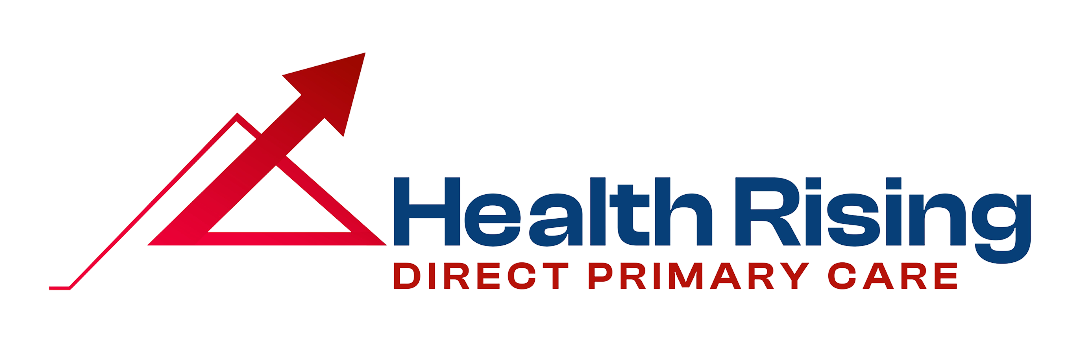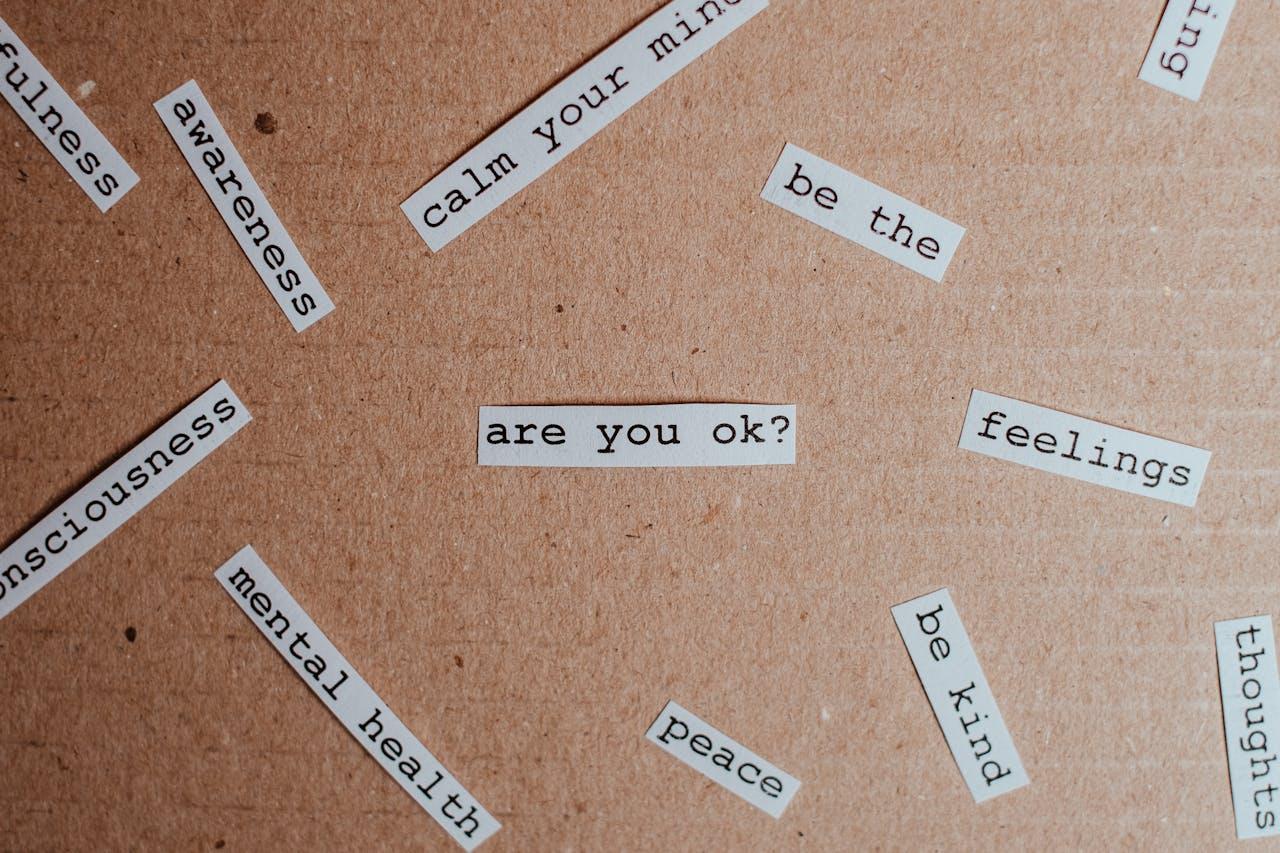We’ve all been told that stress is harmful. It causes illness, drains energy, and should be avoided entirely. But what if that idea is only half true? What if the real key to health lies not in avoiding stress, but in understanding how to relate to it differently?
At Health Rising DPC, we help patients move beyond outdated models of stress management. The stress paradox is the idea that stress can either break us down or build us up depending on how we engage with it. Avoiding stress at all costs might seem wise, but it often leads to increased fragility, anxiety, and missed opportunities for growth.
This article explores why the stress paradox matters, how mindset shapes your response to stress, and how Direct Primary Care (DPC) offers a better path forward.
Exploring the Stress Paradox
What Is the Stress Paradox?
The stress paradox refers to a surprising but empowering truth. Stress is not always harmful. In fact, stress can strengthen you when approached with awareness and intention. The paradox is that the very thing we try to eliminate may be the very thing we need to grow.
Here are three common types of stress to consider:
| Type of Stress | Example | Potential Outcome |
| Acute Stress | Speaking in public | Sharpened focus, stronger communication |
| Chronic Stress | Daily overwhelm without relief | Burnout, fatigue, anxiety |
| Eustress (Positive Stress) | Starting a business or training for a race | Motivation, mastery, fulfillment |
The goal is not to eliminate all stress but to learn how to manage it in ways that support your well-being.
Stress Is Not the Enemy
Stress is your body’s natural response to challenge. It mobilizes energy, sharpens attention, and prepares you to act. This response helped early humans survive dangerous environments, and it still serves a purpose today.
The problem arises when stress becomes chronic or when we fear stress so much that we avoid growth. When misunderstood, stress seems like something to escape. But when embraced wisely, it becomes a tool for resilience.
Why Avoiding Stress Can Backfire
Trying to live a stress-free life may sound ideal, but it often leads to more emotional instability and a diminished capacity to cope with real challenges.
The Trap of Overprotection
Avoiding stress can lead to emotional fragility. When we overprotect ourselves from any discomfort, we lose the ability to handle even basic stressors. In time, our comfort zone becomes smaller and smaller.
This may show up as:
- Avoiding difficult conversations
- Backing away from responsibility
- Feeling overwhelmed by minor setbacks
Avoiding stress may reduce discomfort in the short term. However, it often reinforces fear and undermines confidence.

Missed Opportunities for Growth
The stress paradox teaches us that growth often lives on the other side of discomfort. Some stress is necessary for learning, adapting, and becoming more capable.
Here are examples of how stress contributes to positive growth:
| Life Domain | Stressful Experience | Positive Result |
| Physical | Trying a new workout | Improved strength and endurance |
| Emotional | Facing rejection or loss | Greater emotional depth and empathy |
| Professional | Leading a new project | Stronger leadership and confidence |
The key is not to remove stress, but to meet it with the right mindset and habits.
Rethinking Stress with Lifestyle Medicine
Rather than running from stress, lifestyle medicine offers tools to understand and manage it effectively. The stress paradox becomes more manageable when you build strong habits and reframe your mindset.
How Mindset Shapes Your Stress Response
Your beliefs about stress directly affect how it impacts your body. When you see stress as dangerous, your body reacts with fear and tension. But when you view it as manageable or even helpful, your body responds with focus and energy.
Consider these mental shifts:
| Limiting Belief | Empowered Reframe |
| “Stress is ruining my health” | “I can learn to navigate stress effectively” |
| “I’m overwhelmed, so I must quit” | “This is hard, but I can take it step by step” |
| “I should feel calm all the time” | “Discomfort is part of growth” |
Changing your internal narrative helps you stop fearing stress and start using it wisely.
Lifestyle Habits That Strengthen Stress Resilience
To engage with stress more effectively, your daily habits must support your body and mind. Here are four areas where lifestyle medicine can help:
- Movement
- Regular exercise supports emotional regulation and reduces tension
- Walking, stretching, or resistance training can all lower stress hormones
- Regular exercise supports emotional regulation and reduces tension
- Nutrition
- Whole foods support a balanced mood and steady energy
- Reducing sugar and processed food can stabilize your nervous system
- Whole foods support a balanced mood and steady energy
- Sleep
- Restorative sleep restores cognitive function and emotional resilience
- Consistent routines and screen-free evenings help improve quality
- Restorative sleep restores cognitive function and emotional resilience
- Connection
- Talking to others creates emotional safety and clarity
- Meaningful social contact improves mental health and reduces isolation
- Talking to others creates emotional safety and clarity
These practices may seem simple, but over time, they create a powerful buffer against chronic stress.
The DPC Advantage in Addressing the Stress Paradox

In traditional medicine, stress is often treated as a nuisance or side note. Appointments are short, solutions are surface-level, and the root causes of stress go unexplored.
The DPC model changes that completely.
Time, Trust, and Tailored Support
Because DPC isn’t dictated by insurance billing, your care team has more time to get to know you, understand your life, and support you holistically. That means:
- Visits that are longer and more personal
- Customized wellness plans
- Emphasis on prevention and stress resilience
Here’s a comparison of how traditional care and DPC handle stress:
| Conventional Care | Direct Primary Care (DPC) |
| 10-minute rushed appointments | 30 to 60 minutes of open conversation |
| Focus on medication only | Focus on root cause and lifestyle factors |
| Generic stress advice | Personalized support for your life situation |
When you work with a DPC provider, you get a trusted partner who sees the full picture and supports you beyond the surface.
Customized Stress Support
Everyone experiences stress differently. In the DPC setting, we can help you:
- Identify the patterns and triggers behind your stress
- Establish daily routines that calm your nervous system
- Explore stress as feedback, not failure
- Use the stress paradox as a tool for growth
This approach empowers you to respond intentionally instead of reacting automatically.
Stress as a Signal, Not a Threat
When you stop avoiding stress and begin listening to it, something powerful happens. You turn stress into a signal rather than a threat. This allows you to respond with clarity instead of fear.
Practice Listening Before Reacting
Rather than pushing stress aside, take a moment to pause and reflect.
Ask yourself:
- What is this stress trying to show me?
- Is there something I need to change or realign?
- What small shift could improve how I respond?
This kind of self-inquiry builds emotional intelligence and helps turn stress into insight.
Start with Small Shifts
Lasting change does not begin with drastic overhauls. It begins with manageable, repeatable actions.
| Common Stress Pattern | Helpful Micro-Shift |
| Late nights and poor sleep | Power off devices 30 minutes before bed |
| Skipping meals during the day | Prep a protein-rich snack for the afternoon |
| Overcommitting your schedule | Learn to say no once per week |
| Feeling disconnected or isolated | Schedule a weekly walk with a friend |
Each of these micro-adjustments helps lower your baseline stress and increases your ability to respond with calm and clarity.
Conclusion: Make the Stress Paradox Work for You
The stress paradox reminds us that stress is not always harmful. In fact, it can lead to strength, confidence, and clarity when we stop trying to avoid it and start working with it.
Avoiding stress may offer short-term relief, but it often creates long-term fragility. True resilience comes from understanding how to navigate life’s challenges with intention, not fear. At Health Rising DPC, we offer the space, time, and partnership to help you embrace the stress paradox and build the tools you need to thrive.
Stress does not have to be your enemy. With the right support, it can become one of your greatest teachers.
Frequently Asked Questions about the Stress Paradox
1. What is the stress paradox and why is it important for my health?
The stress paradox refers to the idea that stress is not inherently harmful. In fact, it can support growth, focus, and resilience when managed with the right mindset. Recognizing the stress paradox allows you to stop fearing stress and start learning how to use it constructively in your daily life.
2. How does the stress paradox affect my ability to manage anxiety?
The stress paradox teaches that anxiety is not just something to avoid. It is often a signal pointing to a need for change, rest, or action. By understanding this, you can reframe anxiety as a prompt for growth rather than a sign of failure, reducing its intensity over time.
3. Can the stress paradox be applied in a medical or clinical setting?
Yes, especially within a Direct Primary Care model. At Health Rising DPC, we use the stress paradox to help patients reframe stress, explore root causes, and adopt sustainable lifestyle changes. This approach results in more comprehensive, personalized care that empowers long-term wellness.
4. How can I begin applying the stress paradox in my everyday life?
Start by shifting your mindset about stress. Instead of labeling it as bad, ask what the stress is trying to teach or reveal. Then make small, consistent changes such as improving sleep, adding movement, and creating healthy boundaries. These actions support your body in responding to stress more effectively.
5. Why is avoiding stress not the best strategy according to the stress paradox?
Avoiding stress may seem like a solution, but it often leads to increased fragility and missed opportunities for personal growth. The stress paradox shows that learning how to manage and respond to stress can make you more adaptable, confident, and emotionally strong in the long run.













